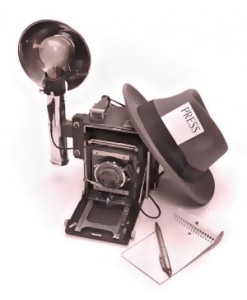The 4 Month Detainee Review Election Season Special
There’s something else I’ve been puzzling through in the Periodic Review Board directive released the other day governing how the Obama Administration will give the detainees at Gitmo reviews to see if they still need to be held.
The timing.
This DTM is effective upon its publication to the DoD Issuances Website; it shall be converted to a new DoD issuance. This DTM shall expire effective November 5, 2012. The first meeting of the Periodic Review Board (PRB) to consider whether the continued detention of any GTMO detainee is warranted shall occur no earlier than 60 days after notification to Congress in accordance with section 1005(c) of the Detainee Treatment Act of 2005 (Reference (e)).
Maybe I’m misreading the bureacratese. But I read that passage to mean the Directive went into effect on the 9th (Wednesday). The PRB cannot meet until 60 days after DOD tells Congress it will conduct such a review–so June 8, assuming this counts as notice. And then this Directive expires on November 5, literally the day before the Presidential election.
I understand why you’d let this expire on Election Day Eve. After all, if by some miracle Mitt Romney wins, you might want to free everyone to prevent top Mitt advisor Cofer Black from getting a hold of the detainees and shaming the US again.
Even barring a jail break to save these men from Cofer Black, given that it takes years for lawyers to negotiate the representation of Gitmo detainees, what could really be accomplished during four months dominated by a Presidential election.
Unless I’m misreading all this, the answer seems to be, precisely nothing.

